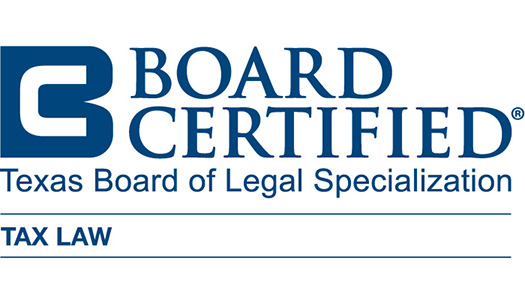A wiseman once said that two things in life are certain: (1) that the government will tax you up until, during, and after your death; and (2) they will make paying taxes as confusing as possible, giving you a headache in the process. Of course, I am paraphrasing a bit. The confusion of endless streams of new tax provisions come with each new administration, and the current one is no exception. Fortunately, at The Wilson Firm, we sift through the mess created by governmental entities like the IRS so you can worry about taxes a bit less. Effective August 16,...
Whether you’re for it or against it, the question of what should be done about the almost $2 trillion in student loan debt spread amongst almost 50 million borrowers is a point of political contention. Some people say that we should leave things as they are, and let people figure out how to manage their own student loan debt. Others say that all of the student loan debt should disappear and give all borrowers a clean slate. Finally, those remaining have varying ideas of exactly how much student loan forgiveness is ideal. Wherever you fall on the...
Tax levies are scary and are extremely debilitating for all taxpayers. Levies involve the actual seizure of property to satisfy a tax debt. Under Internal Revenue Code (“IRC”) 6331(a), the IRS has the right to seize and sell “all property and rights to property.” This means real or personal property and tangible or intangible property, including items such as a personal vehicle and residence, as well as wages, investment assets, receivables, and bank accounts. When the IRS first levies a taxpayer, the agency will follow a set process: The tax must first be assessed;The taxpayer will be...
If you fail to qualify for Innocent Spouse Relief under Treasury Regulation (“Treas. Reg.”) § 1.6015-2 and Separation of Liability Relief under Treas. Reg. § 1.6015-3, the good news is that you may still be entitled to tax, interest, and penalty assistance through Equitable Relief. What is Equitable Relief? General Conditions for Equitable Relief: According to Revenue Procedure 2000-15, the following threshold conditions must be satisfied before the IRS will consider a claim for Equitable Relief under IRC § 6015(f): The requesting spouse is not eligible for Innocent Spouse Relief, Separation of Liability Relief, or relief from liability arising from community...
When filing a joint tax return, married taxpayers are often privy to certain tax benefits. Generally, married taxpayers take advantage of a higher standard deduction and a lower tax rate when filing their taxes together. However, as a result of a joint filing, both taxpayers are equally responsible for the possible liability that comes with joint filing status. But what if one spouse wasn’t exactly honest about their income when filing the tax return, and the other spouse didn’t know? By requesting Innocent Spouse Relief, a spouse can be relieved of the responsibility for paying tax, interest, and penalties if...

The Wilson Firm is excited to announce that Managing Attorney Lee Wilson is officially certified by the Texas Board of Legal Specialization in Tax Law!
There are only 191 Board Certified Tax Law Lawyers in the entire state of Texas.


